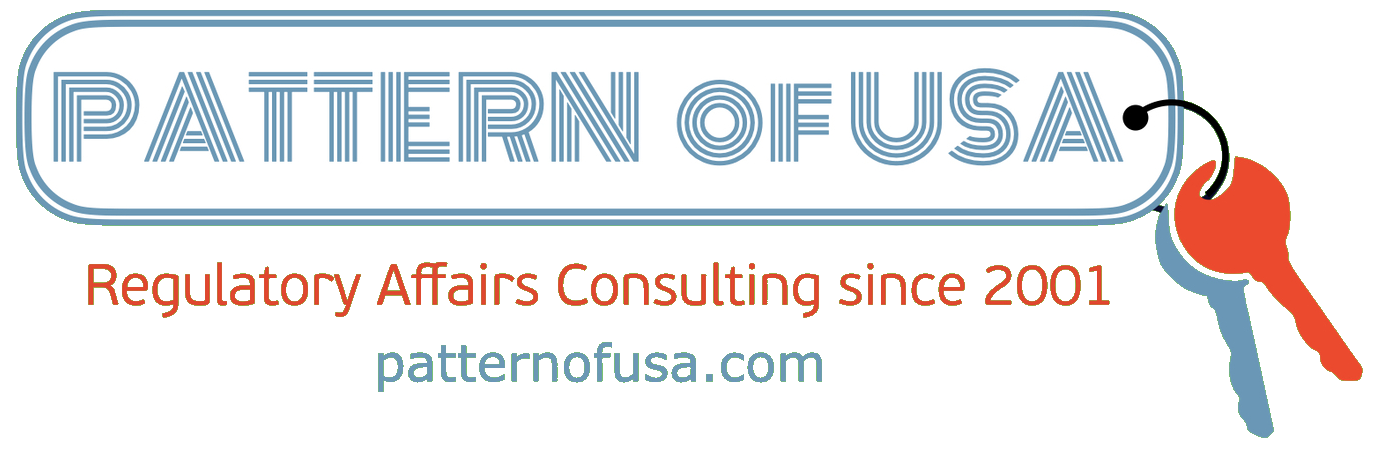Trump’s ‘Self-Promotion Squad’ Promises Captivating Reality TV Yet Creates a Volatile Biopharmaceutical Climate

Following his electoral win, Donald Trump was viewed as a wild card in the biopharma sector. In a span of just eight days, he swiftly announced his nominations for Robert F. Kennedy, Jr. as Secretary of Health and Human Services and Mehmet Oz as the head of the Centers for Medicare and Medicaid Services.
During a call with Guggenheim analysts, policy analyst Ethan Siegal openly discussed what is referred to as Trump’s “Team of Self-Promoters,” a take on Lincoln’s renowned Team of Rivals.
Siegal characterized Trump’s choices as fitting this nickname, highlighting Kennedy and Oz alongside Matt Gaetz, who stepped down as Trump’s Attorney General nominee, and Tulsi Gabbard, proposed for Director of National Intelligence. “There’s a history of controversies surrounding them,” he remarked. According to Siegal, with Gaetz’s exit, RFK Jr. stands out as “the most contentious nomination.”
Regarding the implications of these appointments for the biopharma sector, Siegal and other analysts suggest that concerns about major shifts to vaccine regulatory processes are overstated. They foresee potential benefits, such as a more favorable environment for mergers and acquisitions, alongside amendments to the Inflation Reduction Act (IRA) that could support drug manufacturers. Despite this, notable uncertainty persists.
“We predict increased volatility for XBI as this develops, as investor uncertainty may heighten risks in the sector,” noted analysts from Jefferies in a recent communication. “Concerns regarding the stability of the agencies and their resources are understood… unpredictability may affect the sector in the near term.”
What Will an RFK Jr. Reign Mean for Biopharma?
Gaetz’s withdrawal is viewed positively for Kennedy, as Siegal believes Trump will direct blame toward Congress for this outcome, thus applying pressure to confirm his other nominees. “I anticipate RFK Jr. will be confirmed,” Siegal commented. “He may lose some Republican votes but likely won’t face an outright rejection”—unless damaging revelations emerge about him.
This swift selection process can backfire, according to Siegal. “The appointees must withstand intense media scrutiny for months, resulting in potentially damaging information surfacing.”
The industry has legitimate concerns about Kennedy’s anti-vaccine stance, evident in the stock decline of U.S. pharmaceutical companies, particularly those involved in vaccines, following last week’s announcement. Despite this, experts predict minimal changes to regulatory practices in the early phase of the upcoming administration.
“While the outcome remains uncertain, we expect the ‘anti-vax’ perspective will likely be managed and not significantly affect the 95% of biotech,” analysts from Jefferies stated.
Baird’s senior research analyst Mike Perrone echoed this viewpoint, noting that although Kennedy may focus on vaccines, it is unlikely he will make sweeping changes to long-standing childhood immunization protocols. He also emphasized that, aside from COVID, vaccines do not constitute a major income source for biopharma firms.
Executives from Moderna appear to share confidence that Kennedy won’t negatively impact their operations, currently reeling this year. In a conversation with Jefferies analysts, Moderna’s management acknowledged that Kennedy might have caused concern among investors but expressed skepticism about any drastic measures against vaccines. Analysts commented, “Certain investors believe we are nearing a short-term ‘peak RFK negativity’ and a rebound may be forthcoming.”
Siegal was more direct, expressing doubts about Kennedy’s capacity to enact significant vaccine-oriented changes. “While he can be quite outspoken, the degree of impact he will have in his first year remains to be seen,” he said. “His challenges will be considerable.”
Beyond lacking authority to dismantle FDA frameworks, Siegal questioned the level of congressional backing for RFK Jr.’s anti-vaccine initiatives. He suggested that Kennedy might wield a more rhetorical influence on FDA matters rather than executable changes.
Nevertheless, Siegal mentioned that Trump relishes discussions with RFK Jr., and if Trump were to endorse an anti-vaccine movement, it could shift the landscape significantly.
In absence of such backing, Siegal highlighted that Kennedy might foster a climate that slows down the introduction of new vaccines. “RFK’s most considerable influence as HHS Secretary regarding the FDA… could manifest in delays.”
What Will the FDA Look Like Under Trump?
Another key area for the biopharma industry is the leadership of the FDA. Recent reports indicate Marty Makary, a pancreatic surgeon at Johns Hopkins noted for his advocacy against medical errors and criticisms of COVID-19 responses, is likely to be Trump’s choice to head the agency.
Siegal stated that both Makary and Stanford’s Jay Bhattacharya, likely to be nominated for the National Institutes of Health (NIH), are popular figures on the far right, which could facilitate their confirmations. However, he also expressed uncertainty about potential surprises from Trump.
Provided Makary steps into the FDA role, changes could arise in the agency. “Both RFK and Dr. Makary advocate for FDA transformation, which could lead to reduced staffing or budget cuts impacting industry operations and review processes,” Jefferies analysts indicated.
Peter Marks, who oversees the FDA’s Center for Biologics Evaluation and Research (CBER), echoed these concerns, stating that workforce-related issues may emerge, complicating recruitment until uncertainty diminishes.
However, neither Marks nor analysts foresee drastic shifts in FDA oversight for therapeutics. “We do not anticipate fundamental shifts in the Agency’s approach to most biotech innovations, especially in critical areas such as rare diseases, oncology, and autoimmune conditions,” stated Jefferies analysts.
Marks shared that he doesn’t expect modifications to the management of other drug classes controlled by CBER, including gene and cell therapies, and given low uptake for COVID vaccines, any impacts from the new administration on vaccine deployment should be limited.
On Kennedy’s anti-vaccine discourse, Marks indicated that they should anticipate vigorous discussions with outside advisers regarding vaccines, though he emphasized, “I don’t necessarily view that as detrimental.” He also suggested it might provide a chance for the agency to reassess its vaccine communication strategies, emphasizing the advantages outweighing the risks.
The official nominations of Makary or any of the other candidates remain uncertain, as does speculation surrounding policy ramifications for biopharma. Additionally, challenges in managing large bureaucracies loom, which Siegal noted Kennedy, Oz, and Makary have limited experience in overseeing.
“To my knowledge, none of them has managed agencies of this magnitude that they are set to lead.”
